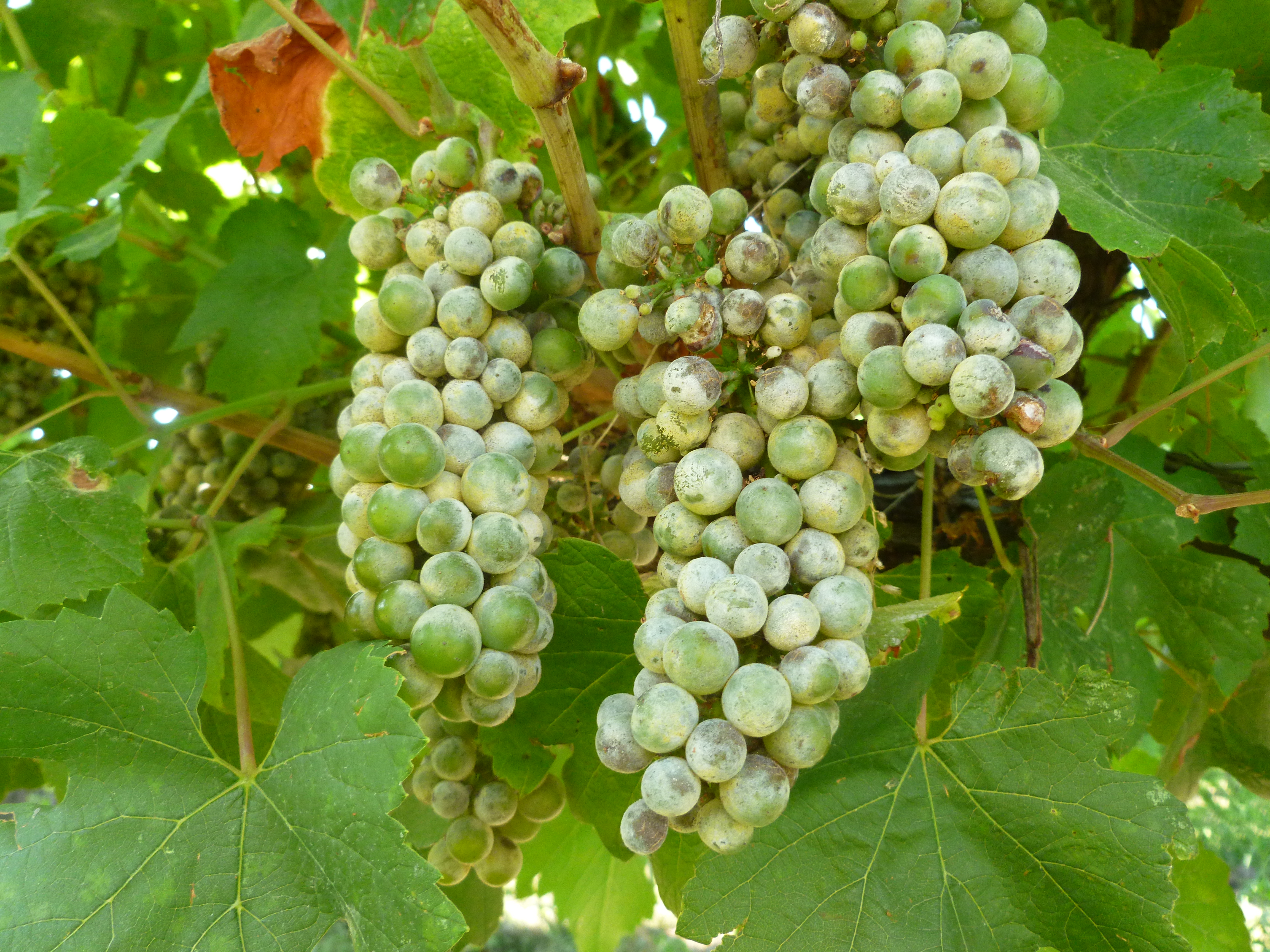Effects of punctuated heat stress on the grapevine powdery mildew pathogen, Erysiphe necator

Abstract
Grapevine powdery mildew, caused by the ascomycete Erysiphe necator, is a major threat to grapes worldwide. Despite its global impact on grape production, E. necator is sensitive to adverse environmental conditions, such as excess heat, free water and UV radiation. Using detached leaf co-culture assays, 3-d-old single colonies of E. necator were exposed to 1, 2 or 3 consecutive d of punctuated heat stress. While there was a consistent decrease in colony growth after a single heating event, there were little to no significant effects from subsequent heating events. Similar effects were observed on the latent period of the pathogen, with a large initial effect from the first heat treatment and small marginal effects from subsequent heat treatments. Erysiphe necator colonies growing on live pot-grown plants were affected similarly by consecutive heat stress events. These data suggest that E. necator is more adaptable to environmental stress than previously recognized.